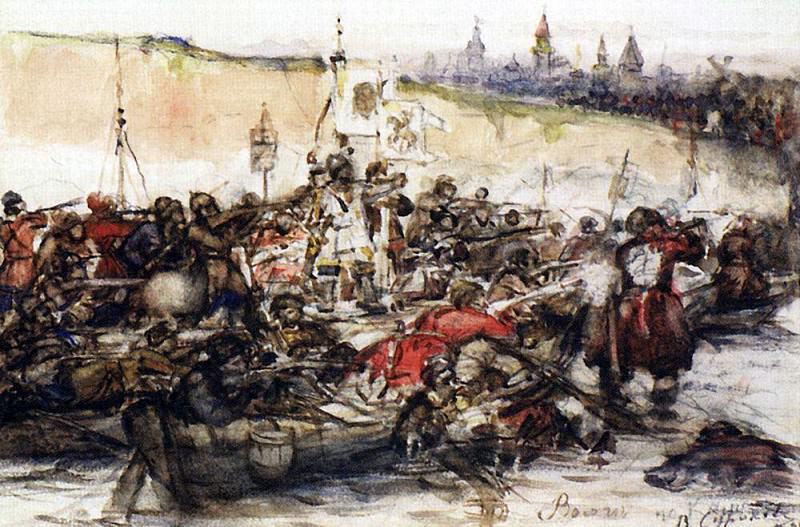

Peasant soldiers deserted en masse to join the revolution, and fraternisation with the enemy became common. Many anti-war radicals, along with the Bolshevik leader, Vladimir Lenin, were ferried home from exile in Switzerland in April 1917, courtesy of the German General Staff (which had spent roughly 30 million marks trying to foment disorder in Russia by the end of 1917). But by then the ability of Russia's officers to induce their men to obey had been entirely negated by the hopes of social transformation and an end to the war that the February Revolution had unleashed in the trenches - leading to what historian Alan Wildman has termed 'trench bolshevism'.Īnarchist and Bolshevik agitators played their own part in destroying the Russian Army's ability to fight. The Soviet leaders rather half-heartedly supported a defensive war, but were more committed to an unrealistic programme of ending the conflict, through a general peace 'without annexations or indemnities' – a formula that neither the Allies nor Germany would ever accept.Īgainst this background, the war minister (later Prime Minister) Kerensky of the Provisional Government hoped to strengthen Russia's hand with a new Russian offensive on the Eastern Front in June. This was a rabble-rousing exaggeration, but certainly the outdated strategies of Russia's General Staff had cost hundreds of thousands of lives, while the regime seemed careless of such appalling losses. The rumours were unfounded, but by November 1916 influential critics of the regime were asking whether Russia's misfortunes - including 1,700,000 military dead and 5,000,000 wounded - were a consequence of 'stupidity or treason'. Many factors - including the militarisation of industry and crises in food supply - threatened disaster on the home front.Īdded to this cocktail were rumours that the tsarina, Alexandra, and her favourite, the infamous Rasputin, were German spies. However, the country's political and economic problems were greatly exacerbated by the war.


The supply of rifles and artillery shells to the Eastern Front was vastly improved, and in the Brusilov Offensive of June 1916, Russia achieved significant victories over the Austrians - capturing Galicia and the Bukovina - and she was also more than holding her own in Transcaucasia, against Turkey. Fortunately for the Russians, they did better in 1916.


 0 kommentar(er)
0 kommentar(er)
